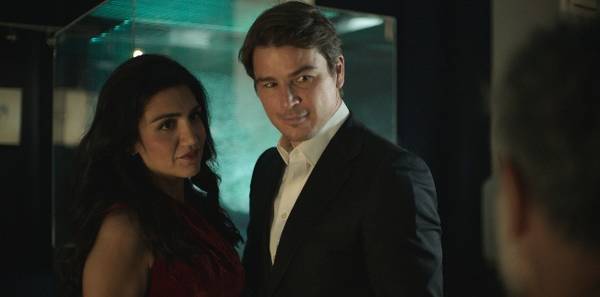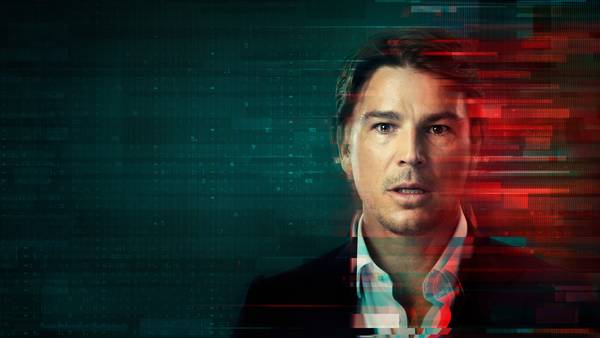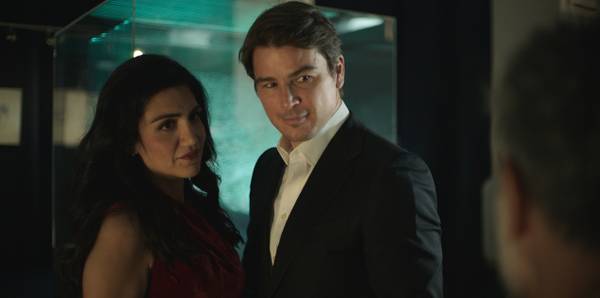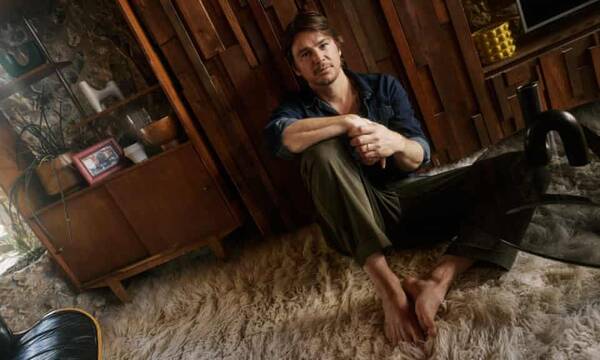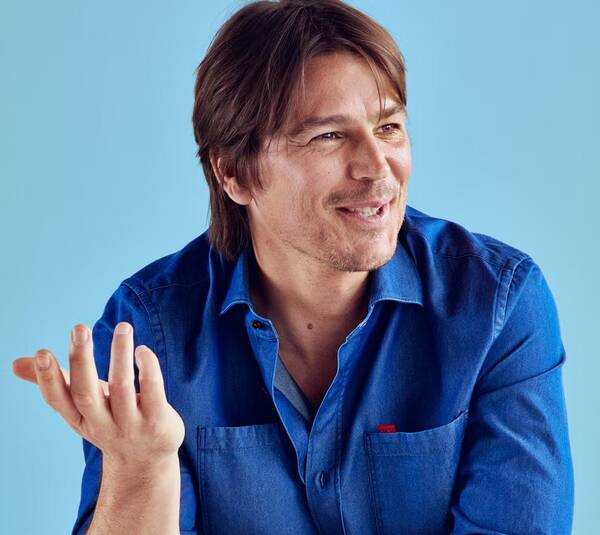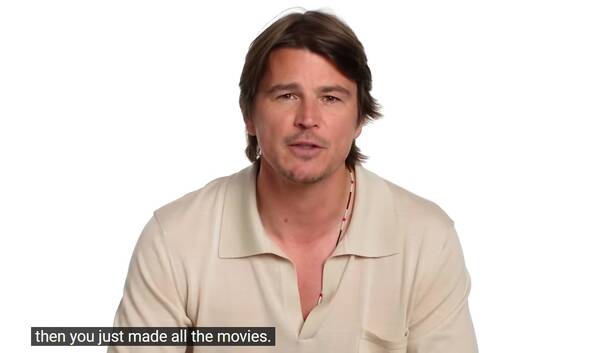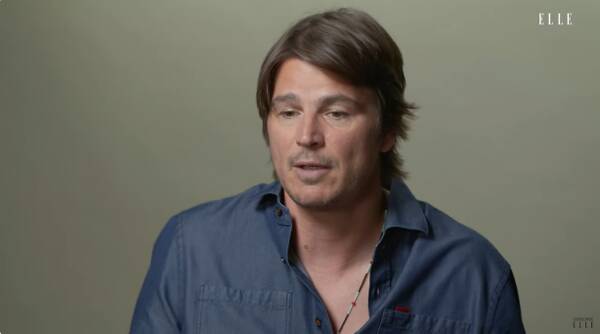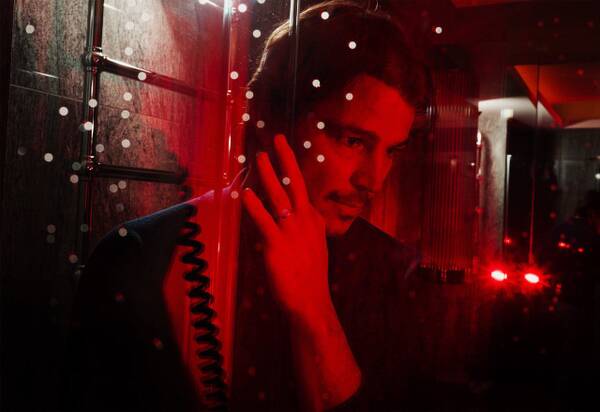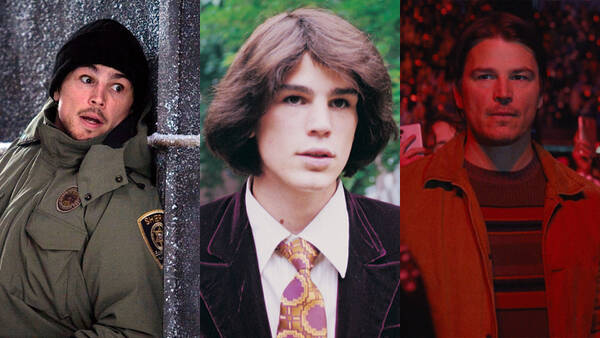Джош Хартнетт на Paul Mecurio Show.
Josh Hartnett - "Pearl Harbor," "Black Hawk Down," "The Black Dahlia," "Inherit The Viper" The Paul Mecurio Show
https://podcasts.apple.com/us/podcast/t … 18083?mt=2
Josh has starred in some of Hollywoods biggest movies and worked with superstar actors and directors. He discusses what he learned working with such great directors as Brian DePalma, Ridley Scott and Michael Bay. He explains what attracted him to the script of his new film and how show stepping away from acting for a while helped him immensely in his life and craft and much more.











